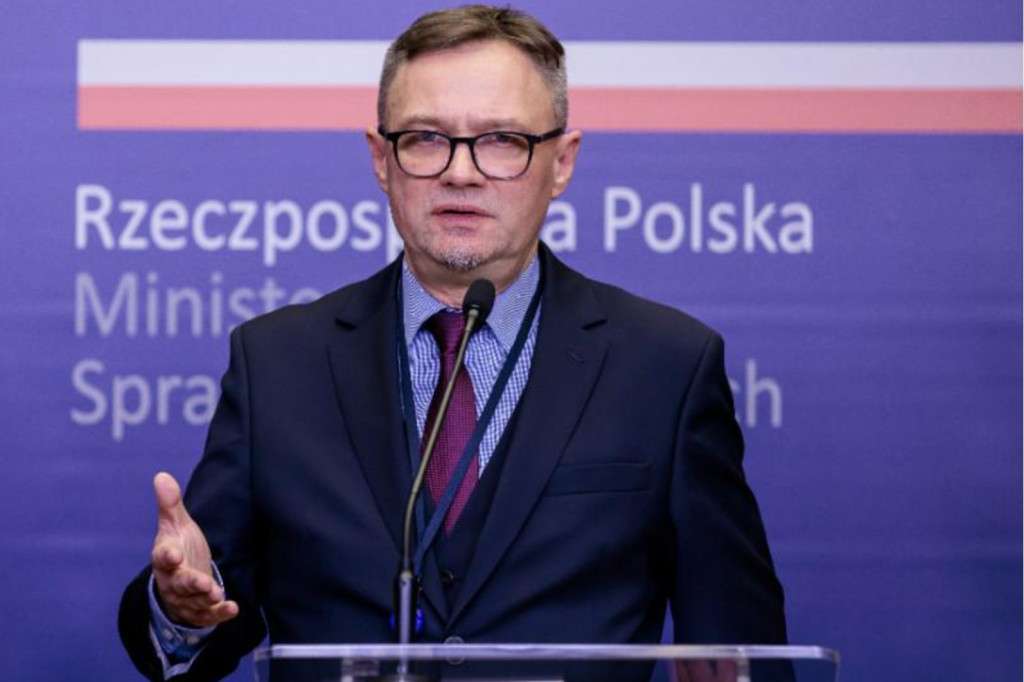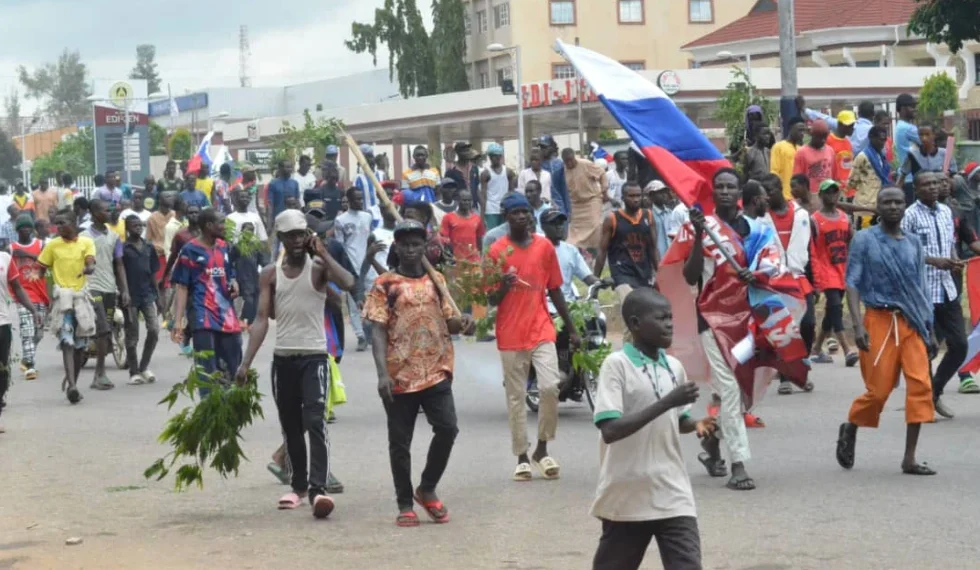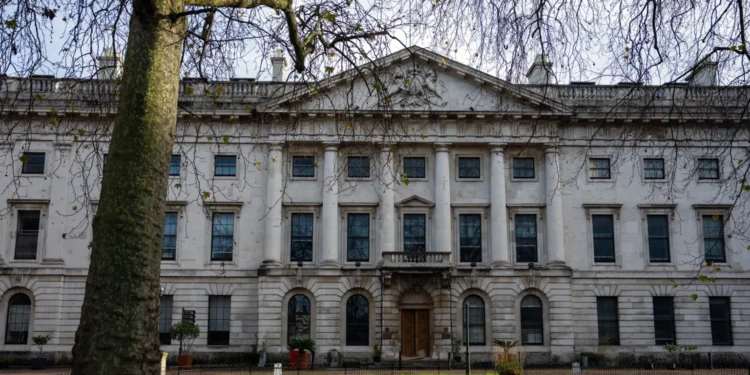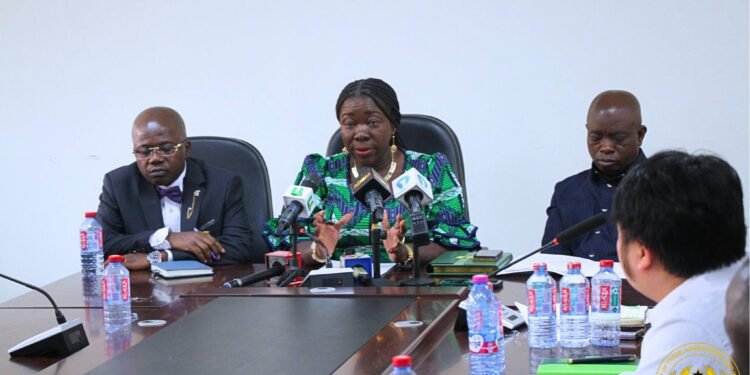Six Polish students and a lecturer from Warsaw University, who were detained in Nigeria amid political unrest, have been released.
The Polish Foreign Ministry confirmed their release on Wednesday, August 28 stating that all seven are in good health and are expected to return home later this week.
Pawel Wronski, the ministry’s spokesperson, announced that the detained individuals have had their passports, laptops, and personal belongings returned to them.
Currently, they are staying on the university campus in Kano, a northern Nigerian city, as they prepare for their journey back to Poland.
The group was in Nigeria to participate in a program focusing on the Hausa language. They were detained earlier this month in Kano during a political protest.
According to Nigeria’s Secret Service, the students were allegedly found carrying Russian flags, which sparked controversy.
However, Polish officials have expressed skepticism about these allegations, suggesting that the situation may have been a misunderstanding. Wronski emphasized that the Polish students were merely in the wrong place at the wrong time.
The Polish government was actively involved in securing their release while the group was held at a hotel in Kano.
“Our students were at the wrong time at the wrong place,” Wronski said. He also advised caution for travelers heading to unfamiliar regions, highlighting the Polish Foreign Ministry’s travel advisories posted online. The advisory had previously warned about the complex political situation in Kano, describing it as “quite complicated.”

Poland’s stance against Russian influence is well-known, given its historical experiences under Russian rule and its current support for Ukraine amid ongoing conflicts with Russia. Consequently, pro-Russian symbols in Poland are rare and often met with suspicion.
The recent protests in Nigeria saw thousands of predominantly young people rallying against the severe cost-of-living crisis and perceived poor governance.
In some northern states, a few protesters were seen waving Russian flags — a phenomenon previously noted mainly in African countries affected by military coups and growing pro-Russian sentiments.
Security Situation in Sahel Region Escalates
The security situation in the Sahel region remains troubling, as highlighted by a recent UN Security Council report. The report points to increased jihadist violence in the Liptako-Gourma tri-border area of Burkina Faso, Mali, and Niger.
The military juntas in these countries have formed the Alliance of Sahel States (AES) in a bid to distance themselves from the Economic Community of West African States (ECOWAS).
Burkina Faso has experienced significant territorial losses, leading to the displacement of over two million people and a sharp rise in conflict-related fatalities.
Recent military attacks, including one that resulted in the death of over 100 soldiers, underscore the severe threat posed by groups like Jama’at Nusrat al-Islam wal-Muslimin (JNIM).
In Mali, the 2015 Peace Agreement has been terminated in favor of an inter-Malian dialogue that engages with Islamist groups, despite considerable opposition. In response to the growing terrorism threat, ECOWAS is promoting initiatives such as the Accra Initiative and the ECOWAS Standby Force.
A recent Security Council statement emphasized the urgent need for timely transitions to constitutional order and adherence to international law in counter-terrorism efforts.























